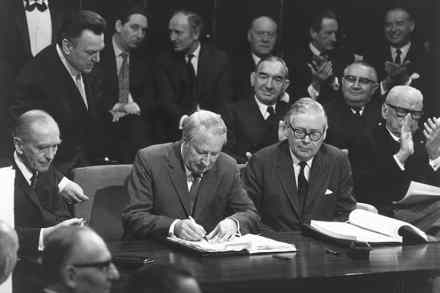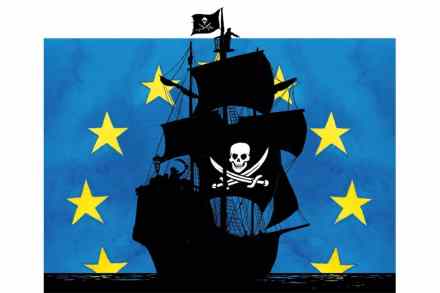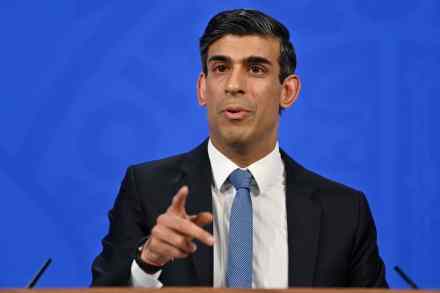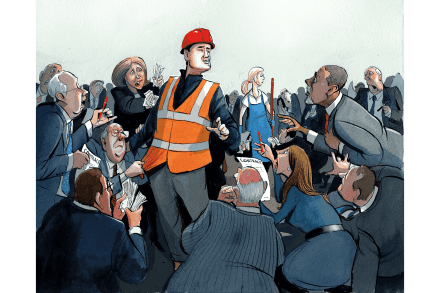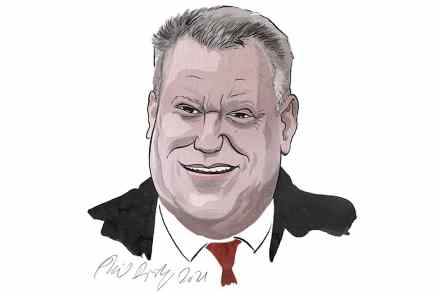The next Brexit battle is here
The government will today reveal its plans to unilaterally rewrite parts of the Northern Ireland Protocol. Depending on who you speak to, this is either a necessary step in protecting the Good Friday agreement or a breach of international law set to damage the UK’s standing on the world stage. The details of the bill have been subject to government wrangling over the past week. Liz Truss sided with backbench members of the European Research Group of Tory Brexiteers to toughen up the bill while ministers including Michael Gove and Rishi Sunak argued for a more cautious approach. One of the problems for Johnson is that figures in Brussels look










